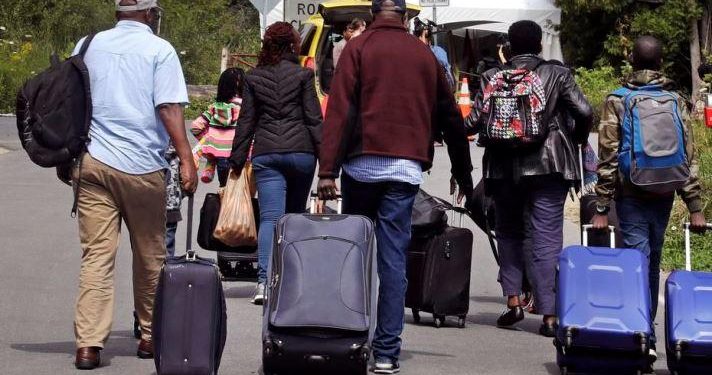France has implemented new legislation that imposes immigration restrictions on international students, including Nigerians, by preventing them from bringing their families to the country. The law, passed by the French parliament, represents a stricter immigration policy, making it more challenging for migrants to reunite with their families in France and delaying their access to welfare benefits.
This move follows a global trend of tightening immigration policies in various countries. The United Kingdom, for example, imposed restrictions on international students in May, preventing them from bringing dependents. This decision aimed to address a surge in net migration, reaching one million individuals.
Nigerian students, who have been significant contributors to the UK’s international student community, had been exploring alternatives in Europe, with France being considered. However, the new legislation in France narrows down options for Nigerian students seeking educational opportunities abroad.
Additionally, the skilled worker visa route, often seen as an alternative to the UK, has undergone changes. In December, the new Home Secretary, James Cleverly, raised the minimum salary requirement for obtaining a skilled worker visa from £26,000 to £38,700. This figure exceeds the existing median average salary of a full-time worker in Britain. Health and social care workers were exempted but were prevented from bringing family dependents. Overseas care workers also faced restrictions on bringing dependents, and migrants had to pay a 66 percent NHS surcharge increase.
These developments reflect a broader trend of countries reevaluating their immigration policies, impacting international students and workers seeking opportunities abroad.
























